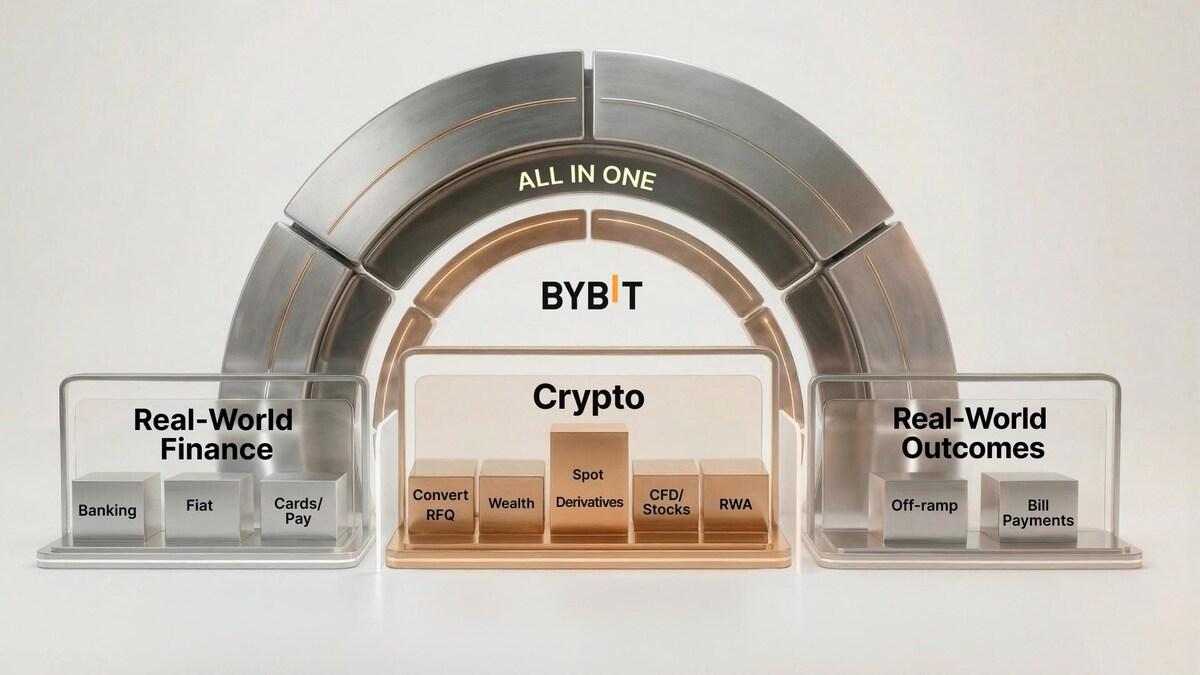Key Points:
- South Korea plans to allow corporations to open digital won accounts for crypto transactions by 2025.
- The policy shift comes as the U.S. government considers accumulating a substantial amount of Bitcoin.
Crypto in South Korea faced regulations but is now being institutionalized as South Korea will allow corporations to open crypto accounts, reversing the previous stance amid U.S. crypto growth.

The Korea Economic Daily reported that South Korea’s Financial Services Commission plans to release a groundbreaking roadmap by the end of December 2024 that will allow corporations to open digital won accounts. The plan will be implemented in multiple stages, starting with government institutions, universities, and non-profit organizations in 2025.
The Korean government’s shift in cryptocurrency policy comes amid the reported plan by US President-elect Donald Trump to accumulate 1 million Bitcoins. With Bitcoin’s total supply capped at 21 million, Trump’s proposed acquisition could potentially cause a substantial price surge.
Read more: South Korean Crypto Tax Now Agreed to Be Delayed Until 2028
New Rules for Crypto in South Korea
A notable case highlighting the current limitations involves Seoul National University, which holds 1 billion won worth of WEMIX tokens ($740,000 USD) donated by Wemade in 2022. The university’s multiple requests to convert the donation into financial resources were previously denied, with the current value estimated at 800 million won ($592,000 USD).

The staged implementation begins with allowing central government ministries, local governments, and universities to open accounts (Stage 1), followed by crypto exchanges (Stage 2). General companies (Stage 3) and financial institutions (Stages 4 and 5) will be considered in the longer term.
Fast Check
South Korea does not recognize cryptocurrencies as legal tender. While crypto exchanges can operate legally, they must follow strict rules. Currently, crypto transactions don’t face any taxes since they’re classified neither as cash nor financial assets, as per Sanction Scanner.
Local governments, including Seoul City and Gyeonggi Province, will gain the ability to seize and sell crypto from tax delinquents. The Financial Services Commission acknowledges the growing reality of crypto despite previous resistance to recognizing cryptocurrencies as investment assets.
South Korea’s Crypto Revolution Begins
However, concerns remain about potential capital outflows from the domestic stock market, particularly given the underperformance of major companies like Samsung Electronics and uncertainties surrounding Trump’s influence on markets.
Industry observers criticize the authorities’ reactive approach, suggesting that Trump’s election and the expected growth of the U.S. crypto industry are forcing South Korea’s hand in regulatory changes.
| DISCLAIMER: The information on this website is provided as general market commentary and does not constitute investment advice. We encourage you to do your own research before investing. |























